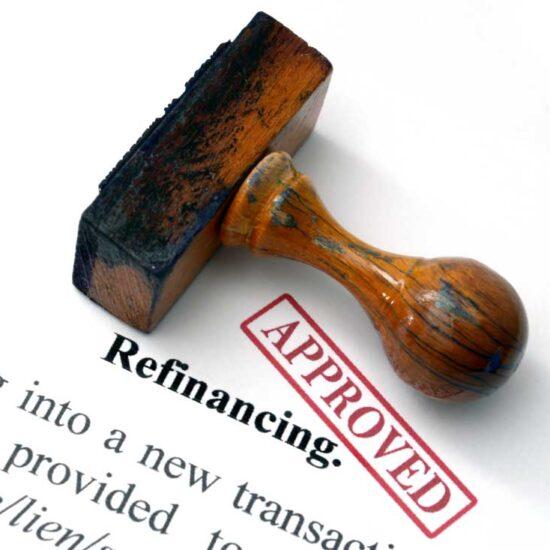
By Tina Howes, SmartMove
There can be two different myths out there when it comes to borrowing money when you’re self-employed.
Some think that the banks treat you no differently to someone on a full-time salary and some think it’s impossible and don’t even bother.
I had a self-employed client come to me recently who was looking to buy a new home. This was in conjunction with her husband who was earning on a full-time salary.
She was adamant that as a self-employed person the bank would look at her unfavourably so wanted to exclude herself from the pre-approval application.
While her husband was indeed the main steady income earner, excluding her income actually reduced their borrowing capacity. You see, her income helped to cover their living expenses and as a married couple, the lenders will use and assess these household expenses.
So, let’s clear some this up, shall we? Let’s dispel some myths and set the facts straight!
On the whole the banks do not look unfavourably at self-employed applicants.
Is there more due diligence? Yes.
Is there more paperwork? Yes.
Is it more complex? Absolutely!
Will my approval take more time? Most likely.
But will they frown upon my application? No, definitely not!
7 key points for self-employed finance applicants
1 More paperwork
As a self-employed applicant there is certainly more paperwork. Instead of the usual two payslips, and perhaps a recent notice of assessment from the ATO, the lender will want to see two years of tax returns, and financial statements for all companies you are a director of. Even if you’re paid a PAYG salary through those businesses then the lender will still want to ensure the underlying business is viable and still see the financials.
2 Profits or income
Should you pay yourself a higher wage so that you can borrow more? Generally speaking, no, that’s not always the best idea. Whether you are paid profit or draw a salary, most lenders will take a holistic view and look at the businesses profits and ability to continue to pay the same level of wages. And this is typically assessed over the past two years of lodged financials and tax returns.
A small handful of lenders will look at the most recent year’s tax returns if there is a valid explanation for a significant variance in the two years performance. If you suddenly increase your wages, the lenders won’t be able to use this.
So, if paying less wages, and earning more profit is your accountant’s advice and suits your tax needs – then take it!
3 What about losses?
If the business is losing money but you are still paying a wage, then the loss will impact on your overall useable income. The lenders will want to understand the cause of the loss, and understand how this is being funded, and if any financial issues in the business have been resolved.
4 What if I’m only part owner?
Can we include business profits in that case? If you own 50 per cent of the business or more, most lenders will allow you to include profits. It gets tricky when you own less than 50 per cent of the business. If there is a history of paying dividends, then it’s pretty safe to say this can be included.
5 Business debts
For the most part, lenders will want to include business debts including credit cards, overdrafts, leases, commercial property loans, etc.
6 Turnaround times
Self-employed clients are often looked at by more senior credit assessors. There are usually fewer of these accredited assessors around. Combine this with more paperwork and applications taking longer to review, and you can see that turnaround times can take longer than a standard PAYG finance application. You need to allow for this.
7 Are all lenders the same?
No, they definitely are not. Some lenders’ target market is not the self-employed borrower sector. Their credit policies will reflect this, and they will generally err on the side of extreme caution. Make sure the lender you are talking to has good self-employed policies and will consider your application more favourably.
So, what’s the upshot here?
Please don’t be deterred from borrowing if you are self-employed.
Make sure you have a good broker, who understands complex lending, knows how to read financials and who has some understanding of how businesses operate.
Experience is your friend.
Tina Howes
Mortgage & Finance Advisor
SMSF Specialist
Commercial Banking & Small Business Specialist
Main image: Freepik

Disclaimer: This article contains information that is general in nature. It does not consider the objectives, financial situation or needs of any particular person. You need to consider your financial situation and needs before making any decisions based on this information. This article is not to be used in place of professional advice, whether in business, health or financial.






